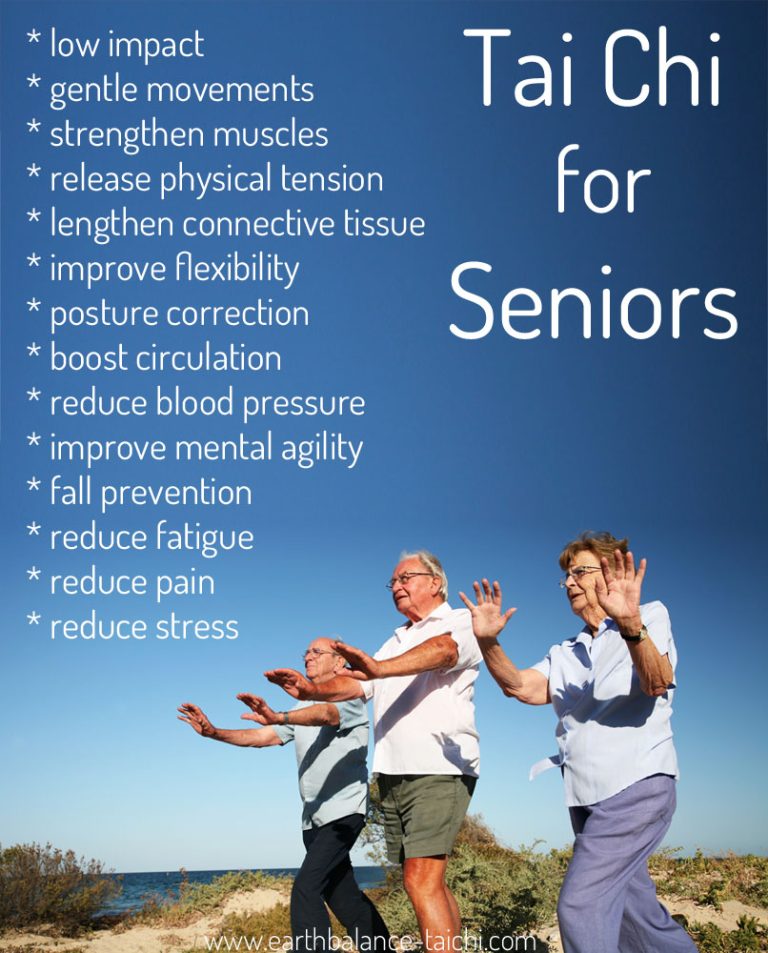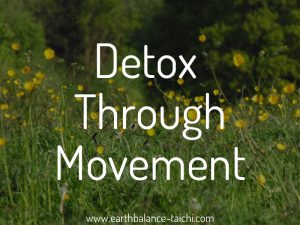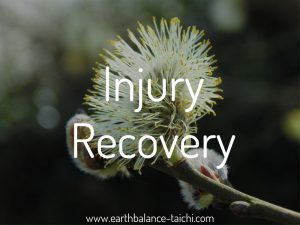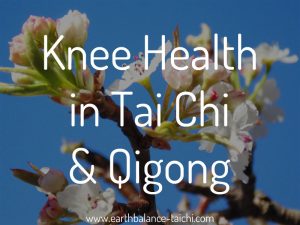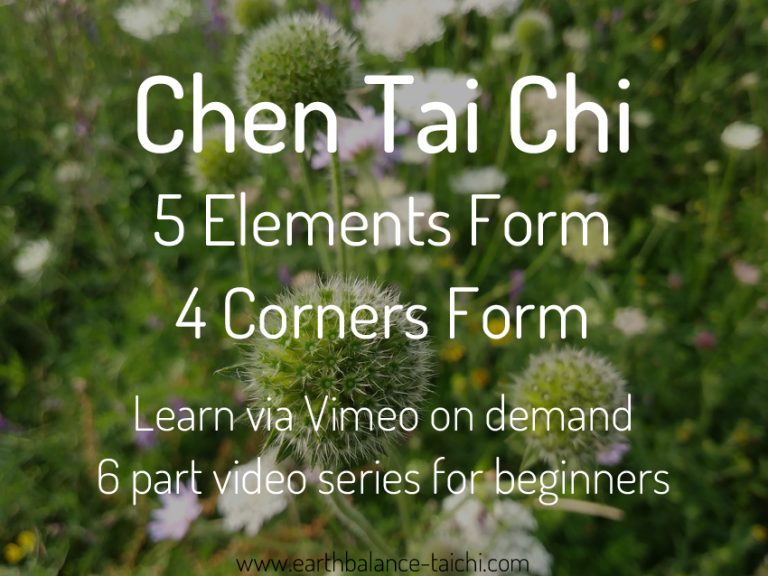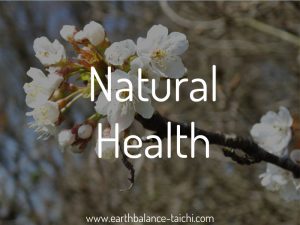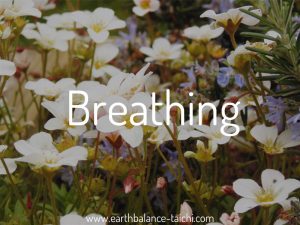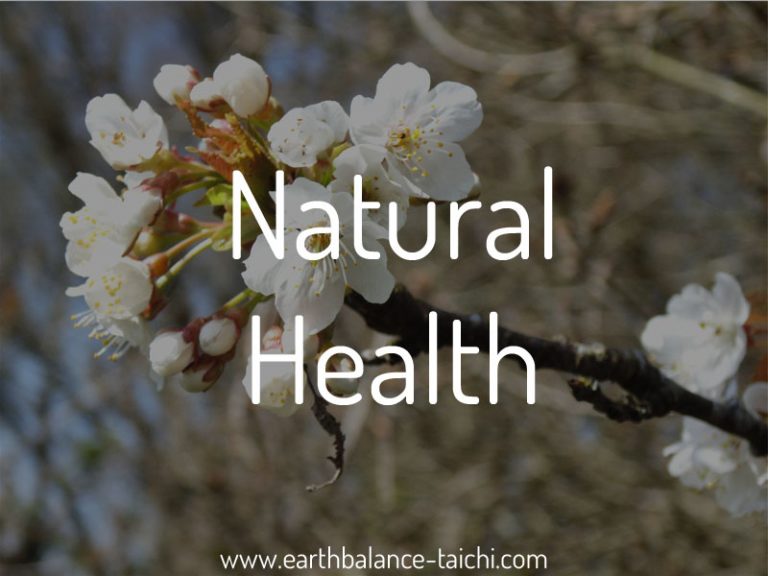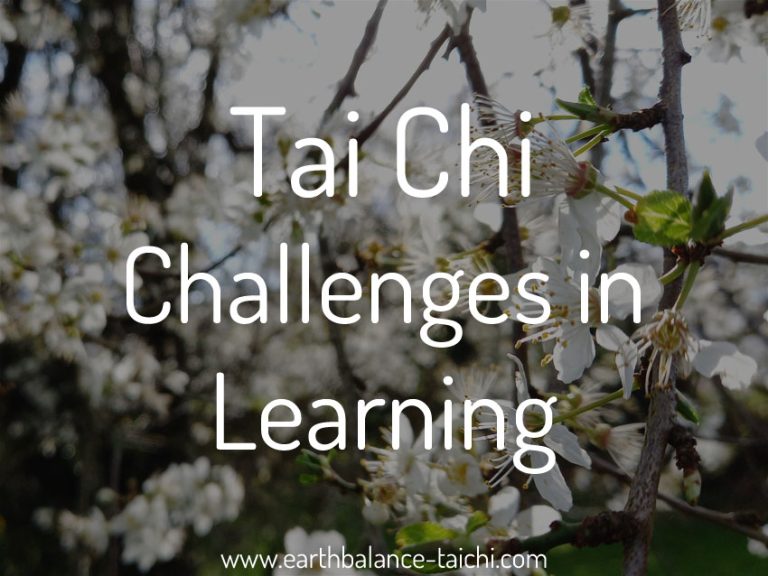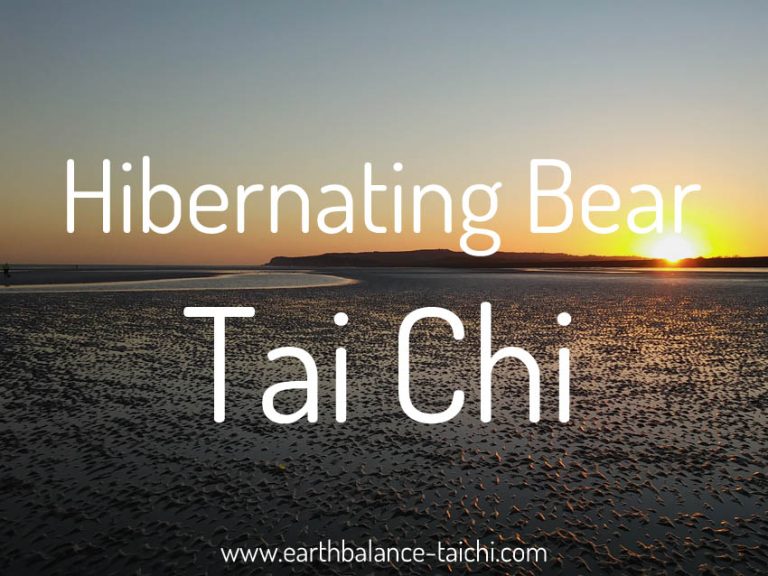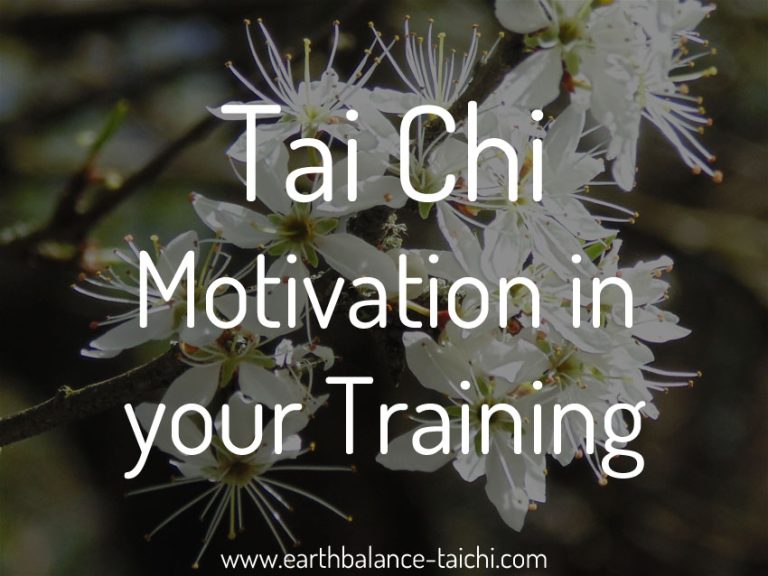Tai Chi for Seniors
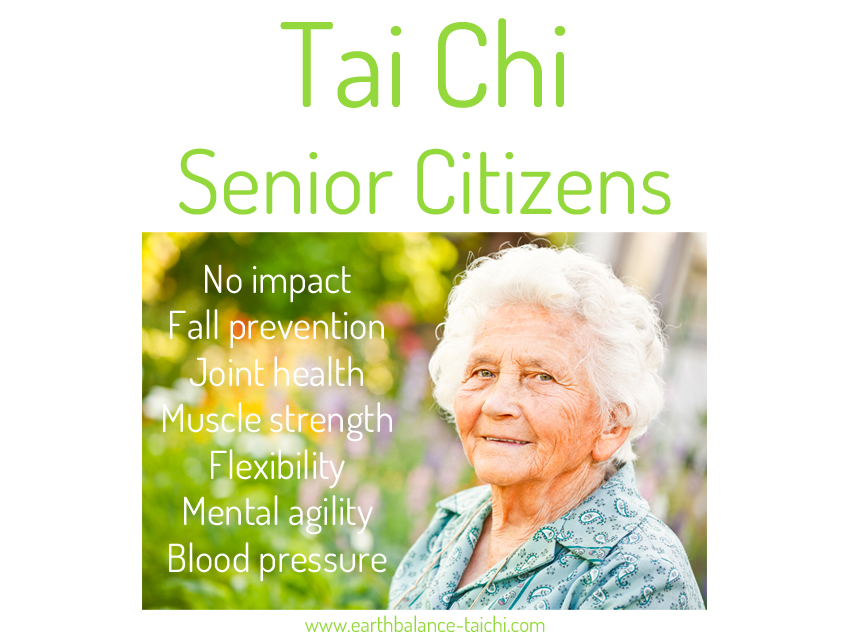
Tai Chi for Seniors
How Tai Chi and Qigong practice can improve quality of life for senior citizens.
Tai Chi and Qigong are physical health exercises suited to any age, young or old. There are many health and wellbeing benefits that can help our seniors and the elderly. This article explores why it is appropriate and suited to those in later life. I have worked with students as young as 97 years old. Both privately in 121 tuition in the home and with groups in palliative and care homes for the elderly. There is no age restriction for learning Tai Chi and Qigong. Whether seated, standing or a mix of both, the mindful movements and relaxing breath work can help improve quality of physical life and mental wellbeing as we age. There is no age limit on feeling good.
An example is my all time favourite private student. Let's call him John. I met him when he was 88 years old from a request for private tuition in the home as his physio had recommended Tai Chi. A very tall chap who had a lot of balance and stability issues. We trained together weekly for many years, until his health declined and he was unable to continue. Over the years he slowly lost his vision to only having a tiny bit of light and shadow perception and his wife sadly passed away. He learnt Tai Chi silk reeling exercises and Qigong, and by the time his vision was no longer functional, the movements where in his muscle memory. We trained together however he was feeling, whether recovering from a fall, or feeling particularly down, through the ebb and flow of how isolating life can be at his age. He shared stories of his life, love, family and work. I feel he loved Tai Chi as much as the company. He got so much from the lessons, they were a real boost for him each week. I was the only person to see him outside of his children and family. Everyone else of his age had already sadly passed on. His wisdom continues in my heart, and I was truly blessed to be a very small part of his life. My last lesson with him was aged 93 years old. I will be forever inspired by him, taking up Tai Chi as an octogenarian and absolutely acing it.
This article explores how Tai Chi and Qigong can help aid the quality of life for our elders.
Low Impact
Tai Chi and Qigong movements range from no to low impact, making it an ideal form of exercise for senior citizens. This helps to protect and strengthen their joints, without jarring or jerky movements that can cause injury and pain.
Increase Muscle Strength
As the movements are low impact, this helps to improve muscle strength without the need for aerobic exercise. The whole body can become stronger through dynamic spiralling movements, strengthening the core, lower and upper limbs. Tai Chi and Qigong when performed accurately can be demanding on the body, no matter how slow you are moving. In fact, the slower you move the harder the muscles work.
Improved Flexibility
One of the key parts of training slowly and gently over a long time, is that injury does not often occur. The body is warmed up to becoming more flexible, elastic and resilient over time. There's no quick fix, it takes patience and lots of repetition to explore a complete range of physical motion. Students are only looking for micro improvements in each training session, that help them flex the soft tissue and connective tissue across the body. Train your weak spots!
Gentle Movements
The movements appear gentle, yet bring a deep stretch through expansion and compression of the joints. The joint system is a huge focus in all Tai Chi and Qigong exercises, working to hydrate the joints through an increase in the lubrication within the joint, known as synovial fluid. As well as an increase in the removal of toxins and waste from the joint, into the lymph system. Without the dynamic joint movements, Tai Chi and Qigong would merely be a gym exercise. Bone density is also improved with regular practice, helping to strengthen the bones, joints and whole skeletal system.
Fall Prevention
Tai Chi can also help with fall prevention by strengthening the muscles in the whole body, this improves balance and stability and importantly trains the skill of body awareness. Knowing where your limbs are in space without using your eyes is very important to prevent trip and fall accidents. Body awareness (proprioception) is one of the key factors in effective Tai Chi and Qigong training.
Mental Agility
I often describe Chen Tai Chi as a physical form of Sudoku, not for the mathematics, but for the stimulation of both left and right brain activities. The choreography, principles and many layers of learning are challenging, even for the youngest of minds. Intellectual memory and muscle memory are key parts of the learning process, as are symmetrical movements performed equally on both sides of the body. The mind is wholly occupied during a training session, working hard to listen, watch and digest the movements. Students watch the instructor's body and listen to the method of movement, then replicating those in their own body which develops the skill of body awareness and spatial awareness. Students often express how tired they are mentally and physically after a class, as it is a whole mind and body workout. From this, the ability to concentrate is expanded, and attention spans are lengthened, along with a general improvement in mental agility that will be noticeable in their daily life.
Slow the Heart Rate / Lower Blood Pressure
By moving and breathing slowly, this activates the body's automatic relaxation response called the 'parasympathetic' nervous system. This brings the body towards a more neutral state of being, where the heart rate is slower and the blood pressure is lowered, along with a release and letting go of chronic physical and mental tension.
Posture
Posture can also be improved with regular Tai Chi and Qigong practice, teaching students how to align the body for better overall physiological health, to learn how to let go areas of muscular contraction by realigning their posture in both movement and stillness.
Improving Body Systems
Circulation can also be improved, especially to the extremities, along with an improved lymph system function to help detox the body, improved organ health, as well as improving the function of the respiratory, digestive, central nervous, hormone and importantly boosting your immune system. This is essential for the seniors to be as resilient as possible as they grow older.
Breathing
Many senior citizens have restricted breathing, or are not breathing to their full capacity. Tai Chi and Qigong movements help teach diaphragmatic breathing techniques which aid respiration and encourage flexibility around the trunk.
Help with Chronic Pain
Tai Chi and Qigong help people living with pain to soften the physical sensation through gentle exercises and deep breathing, to soften their own personal response to pain and to use pain as a diagnostic to work with their own unique health baseline. This is essential for seniors as their bodies age and pain typically increases.
Aiding Fatigue
Tai Chi and Qigong give your energy a boost. It's not that they create something new in the body, more so that they stimulate the body's own systems to function better by the increase of oxygen, increase in blood flow, increase in organ function, increase in happy brain chemicals, and the increase in relaxation and well-being.
Stress Reduction
Seniors can be great worriers! Tai Chi and Qigong are a healthy distraction, aiding the physical and mental symptoms of stress, anxiety and depression. Many of my students report they feel better in themselves for coming to class, even if they don't know why or how. The movements speak for themselves and help to calm the mind whilst relaxing the body.
Aids Injury Recovery
No matter of your age, healthy blood flow is essential to recovery from injury. Many students take up Tai Chi and Qigong when they are recovering from injury, as it is a safe and gentle practice where they can get the body moving once again, in a situation where they may not be able to partake in impact sports due to the injury. Tai Chi and Qigong can be done lying down, seated and standing and will aid the body in recovering quicker.
Aids Chronic Health
Tai Chi and Qigong are ideal exercises that aid the symptoms of many chronic and degenerative health conditions, from arthritis, fibromyalgia, Ehlers Danlos syndrome, recovery from heart failure, Parkinson's disease, to ankylosing spondylitis and SAD.
Community
A sense of belonging, safety and community is very important for senior citizens. Community exercise classes can be a life line for those living alone. Instructor Nicola teaches Tai Chi and Qigong movements for health. Her online lessons are open to anyone no matter age, ability or physical health.
Ways to Learn Tai Chi as a Senior
Instructor Nicola teaches the Hibernating Bear classes, available as group live stream via video on demand and private tuition online via Zoom. These classes are open to all ages and all abilities, designed as a more gentle and relaxed approach to training Tai Chi and Qigong. With seated, standing and stepping movements to help keep the body mobile and the mind calm. For more details click the links below. Find out more about Hibernating Bear here.
* Please note that the Taoist practices are not a replacement for conventional medical treatment. Please speak with your doctor prior to starting a new exercise programme. This article is for information purposes only and must not be taken as medical advice. *
